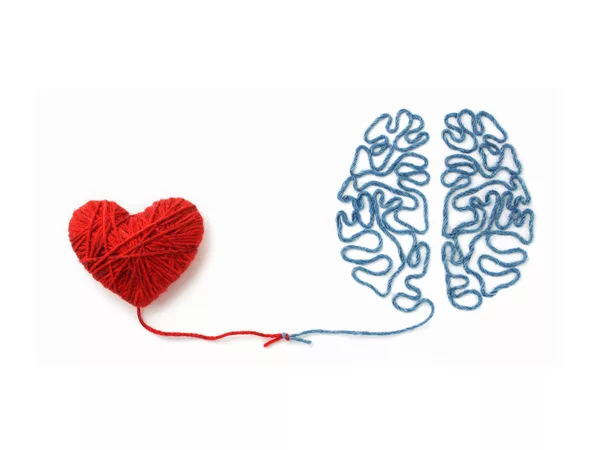The Heart-Brain Connection

You may have heard the phrase, “What’s good for the heart is good for the brain.”
This makes perfect sense. The brain depends on oxygen and adequate blood flow to work well, and 25% of blood from every heartbeat goes to the brain.
So, what happens if that flow is impaired by something like chronic high blood pressure?
A recent study found aggressive treatment of high blood pressure can reduce the risk of developing mild cognitive impairment (MCI). MCI is an early stage of memory loss or other cognitive ability loss (such as language or visual/spatial perception) in individuals who can still independently perform most activities of daily living.
This is important because, while everyone who goes on to develop Alzheimer’s dementia will pass through the MCI stage, not everyone with MCI will go on to develop Alzheimer’s dementia.
So, if an intervention could reduce the number of individuals developing MCI, consider the impact on the number of individuals eventually developing Alzheimer’s disease.
The SPRINT MIND trial (Systolic Blood Pressure Intervention Trial— Memory and Cognition in Decreased Hypertension) compared two strategies for managing hypertension in more than 9,300 cognitively healthy adults age 50 and older: An aggressive strategy (systolic blood pressure target less than 120mmHG) versus a standard care strategy (systolic blood pressure target less than 140mmHG).
The research team reported a statistically significant lower rate of new cases of mild cognitive impairment (MCI) among participants receiving intensive treatment, marking the first time an intervention has ever shown a reduction in MCI in a large group of people.
What about individuals who already have MCI? Could introducing such an intervention possibly reduce the risk of those individuals progressing on to develop dementia? That is exactly what the Alzheimer’s Association seeks to determine in the SPRINT MIND 2.0 study.
SPRINT MIND 2.0 will re-engage the original study’s participants for two additional years of research to allow for a more definitive statement on the impact on dementia risk.
These findings are exciting because they show — more conclusively than ever before — there are things we can do today regarding cardiovascular disease risk factors and reducing the risk of mild cognitive impairment.
*What does this mean for you? Check your blood pressure today. Is that top number 120 or below? Remember that vital sign is not just an indicator of heart health, but also of long-term brain health. Talk to your doctor about controlling blood pressure, especially if you’re age 50 or older. The conversation about healthy blood pressure management — and other heart and brain health issues — is one everyone should be having.
For more information, visit www.alz.org and www.alz.org/stepupthepace/SPRINT.asp.





